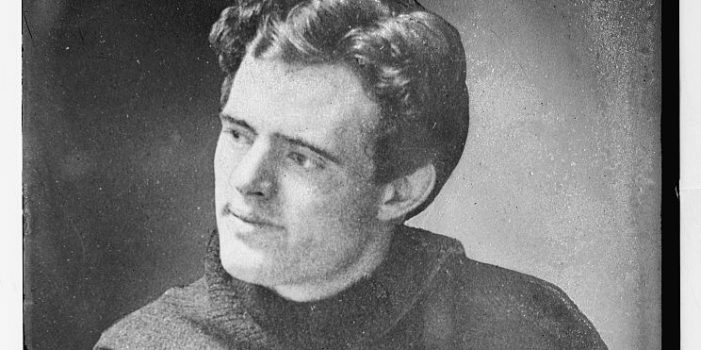Email a copy of 'Preparedness Notes for Wednesday - July 25, 2018' to a friend
3 Comments
- Ad Barter and Sell at Simcour Trading PostA new site for individuals to barter and sell items of interest to other like-minded individuals
- Ad USA Berkey Water Filters - Start Drinking Purified Water Today!#1 Trusted Gravity Water Purification System! Start Drinking Purified Water now with a Berkey water filtration system. Find systems, replacement filters, parts and more here.


It is quite often that I read that a famous author was either an alcoholic or a ‘heavy drinker’, not sure what the difference is. I wonder if only the drinking habits of authors is of interest or is there a higher rate of drinking amongst writers than in other occupations?
Do they drink because they are writers or are they writers because they drink? Do they write when they are sober or tipsy? Should a reader care? If an alcoholic author commits suicide in a state of alcoholic depression, is this mental state separable from their work?
In his book “On Writing”, Stephen King stated that he stayed so drunk and coked up that he doesn’t even remember writing “Cujo”. While writing “Tommyknockers” he would sit at his desk for hours with Q-tips stuck his nose to stop the bleeding from doing so much coke. He also admits that he was a raging alcoholic and drug addict when he wrote most of the early books that made him a multi-millionaire. Great writers are often tortured souls, Hunter S. Thompson being another example.
Interesting. I’ve long felt that a writing conveys more than what you see written. I remember trying to read a Ernest Hemingway book because I was told he was a great author, but I had to put the book down as I found it depressed me, even though that wasn’t the theme. “Catcher in the Rye” and “On the Road” by J.D. Salinger and Jack Kerouac portraying ‘lost’ souls hunting for meaning and relevance did not have that effect on me. I wonder what they used to influence their writing.